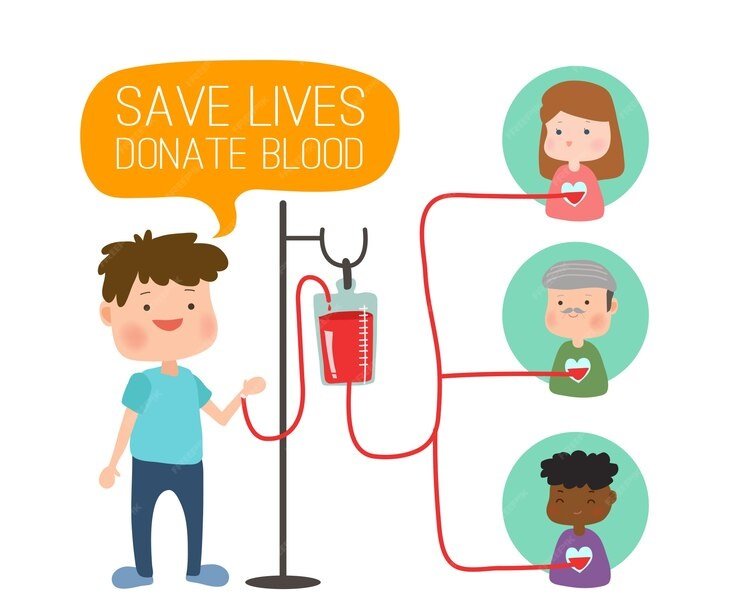- MERN Stack
High-cost cooperation directed towards strangers is difficult to explain from an evolutionary perspective. Here, it is argued that by studying the behaviours, motivations, and preferences of real-world high-cost cooperators — blood and organ donors — insights can be uncovered into the mechanisms supporting cooperation. In this respect, this article details two novel mechanisms to enhance cooperation in the face of free-riding ,‘reactive reluctant altruism’ whereby people help because they do not trust others to help and the ‘Good Shepherd’ effect whereby cooperation is enhanced when people observed others cooperate although the social norm is to free-ride. Finally, it is argued that repeated acts of high-cost cooperation are sustained by a self-selection process based on the reinforcing effect of warm-glow.
- Evolutionary Perspective on Cooperation
- Mechanisms of High-Cost Cooperation
- Social Norms and Altruistic Behaviour
